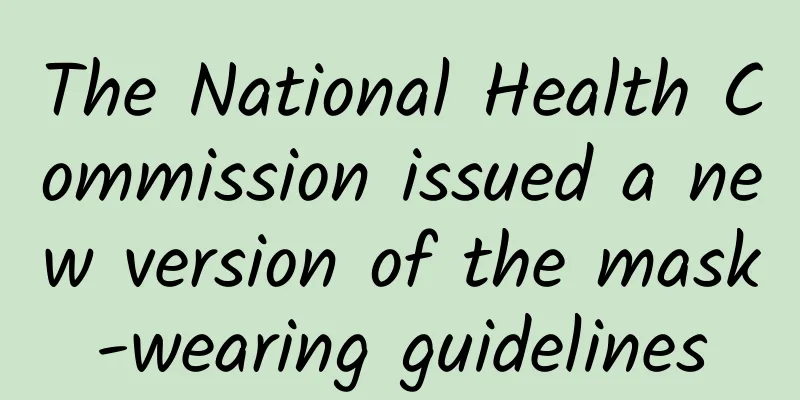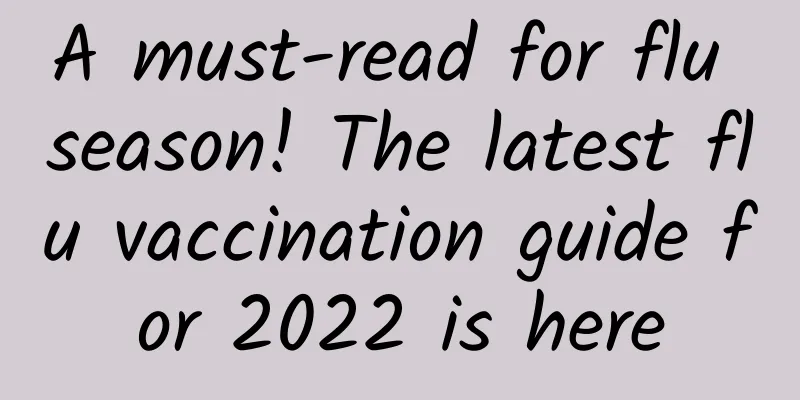The National Health Commission issued a new version of the mask-wearing guidelines

|
In view of the characteristics of the current variants of the new coronavirus and the epidemic characteristics of the population, and to further guide the public and key occupational groups to wear masks scientifically and in a standardized manner to protect themselves and others, on August 9, the National Health Commission updated the "Guidelines for Scientific Mask Wearing for the Public (Revised Version)" and formed the "Guidelines for Mask Wearing for the Public and Key Occupational Groups (August 2021 Edition)" (hereinafter referred to as the "Mask Wearing Guidelines"). The new version of the "Guidelines on Wearing Masks" sets new regulations on the scenarios and situations in which masks are required for the general public and key occupational groups, as well as mask selection and precautions. 1. Guidelines for the general public to wear masks The public is advised to use disposable medical masks, medical surgical masks or masks with higher protection levels. In addition to wearing masks in crowded indoor places, on public transportation, visiting hospitals, when experiencing symptoms such as nasopharyngeal discomfort, coughing, sneezing, and fever, and when not eating in restaurants and canteens, masks are also required when in crowded outdoor places such as open-air squares, theaters, and parks. It is recommended that when family members have symptoms such as nasopharyngeal discomfort, cough, sneezing and fever, they need to wear higher-level masks when going to the hospital for treatment to protect themselves and others and comprehensively prevent the risk of transmission. II. Guidelines for wearing masks for key occupational groups 1. Personnel from overseas and those in high-risk positions for contamination transmission Special emphasis is placed on strengthening protection for customs personnel, cleaners, porters, drivers and other positions related to overseas cold chain food and transportation. They are required to wear particulate protection masks throughout their work to prevent the risk of transmission through objects, the environment and people. 2. Medical staff General contact personnel: including outpatient and general ward medical staff, security, registration, guide, billing, pharmacy and other personnel must wear medical surgical masks or higher protection level masks throughout the process. People who come into contact with potential contaminants: cleaning staff, caregivers, plumbers, laboratory staff, etc., must wear particulate protection masks at all times*. Staff who come into contact with patients or infected persons: medical staff in fever clinics and isolation wards, nasopharyngeal swab samplers, etc., must wear medical protective masks at all times. 3. Service personnel in public places For example, flight attendants, police, couriers, etc. were previously required to wear disposable medical masks. This revision has been upgraded and strengthened to require them to wear medical surgical masks or masks with higher protection levels while at work. Note: *Particulate protection masks refer to products that meet the requirements of "disposable masks" in the "Respiratory Protection Self-priming Filter-type Particulate Respirator" (GB2626-2019) standard and do not have an exhalation valve. Health starts with everyone. Wear a mask, wash your hands frequently, gather less, pay attention to your own health, and protect yourself, which is to protect others! |
<<: Why is wax apple so expensive? Introduction to the value of wax apple
>>: Where did Delta come from? Is my protection still effective?
Recommend
What are the ways to prevent dysmenorrhea?
Dysmenorrhea causes a lot of pain to many women, ...
Can I breastfeed with breast implants?
In today's society, many women are not satisf...
There are 6 reasons why women die suddenly during sex
Although sex life is very wonderful, it can still...
Do you think that stomach pain will go away if you just endure it? Be careful! These types of stomach pain are particularly dangerous...
Expert of this article: Zhao Weitong, attending p...
What are the early symptoms of uterine fibroids?
Uterine fibroids seriously affect women's rep...
How to thaw and eat frozen cooked beef? How to eat beef?
Beef is rich in protein and amino acids. It can i...
Does taking folic acid affect ovulation?
Nowadays, many women go to the hospital to check ...
When does rapeseed bloom? How to grow rapeseed to make it bloom more vigorously
Speaking of rapeseed, I believe everyone is famil...
How long does it take to recover from laparoscopic surgery?
After hysteroscopy, the human body has a whole pr...
What should I pay attention to when drinking celery juice? What should I pay attention to when drinking celery juice at night
The taste of raw celery juice is rather strange, ...
Can I eat a lot of carambolas during my period?
Menstruation is a physiological phenomenon for ev...
What is Queshe Tea? Is Queshe Tea expensive?
Queshe tea is one of the rare and expensive varie...
Kill more than 80% of cancer cells! 3D printing helps fight liver cancer!
At present, primary liver cancer is the fourth mo...
Does your child have recurrent respiratory tract infections? Please save the illustrated instructions for acupoint massage at home
In winter, respiratory infections are prevalent. ...









